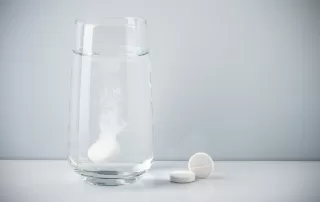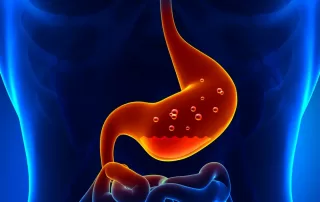Gastro-oesophageal reflux disease (GORD) is a chronic digestive condition where stomach acid or bile flows back into the oesophagus, causing irritation and inflammation. This backflow, known as acid reflux, can lead to symptoms such as heartburn, a burning sensation in the chest, regurgitation of food or sour liquid, and difficulty swallowing. Other symptoms may include chest pain, chronic cough, laryngitis, and disrupted sleep.
GORD occurs when the lower oesophageal sphincter, a muscle ring at the base of the oesophagus, weakens or relaxes inappropriately. Factors contributing to GORD include obesity, pregnancy, smoking, certain medications, and dietary habits such as consuming large meals, spicy foods, caffeine, or alcohol.
Diagnosis of GORD typically involves a combination of symptom assessment, endoscopy to view the oesophagus, pH monitoring to measure acid levels, and esophageal manometry to evaluate muscle function.
Managing GORD often requires lifestyle modifications such as losing weight, elevating the head of the bed, avoiding trigger foods, and eating smaller meals. Over-the-counter antacids, H2 blockers, and proton pump inhibitors (PPIs) can help reduce stomach acid and relieve symptoms. In severe cases, surgical options like fundoplication may be considered.


